Cold sores, or Herpes Labialis, are a very common viral infection; it has been hypothesized that one-third of the world’s population has experienced cold sores at some point in their lifetime [1]. They appear as tiny, fluid-filled blisters on or around the lips that may turn into sores and become painful [1]. Cold sores are caused by the herpes simplex virus (HSV), specifically type 1, and are highly contagious when active [1]. A major risk factor for the development of cold sores includes any activity that exposes one to an infected individual’s saliva, such as sharing drinks [1]. After initial infection with the virus, it lies dormant in nerve cells in the skin and may become recurrent [1]. Recurrent cold sores may put a toll on an individual’s mental health and social activities while also providing insight into the state of a person’s immune health.
Medicinal mushrooms have long been admired for their immune modulating effects
Research has illustrated the ways in which these functional mushrooms supplements interact with cells of the immune system and activate or inhibit certain ones depending on the desired outcome. Not only have they proven to be beneficial in autoimmune disease or prevention of the common cold, but they also hold a significant role as an adjunct to cancer treatment all around the world. There are a handful of mushrooms that have been studied to have anti-viral and anti-herpetic effects that may be useful in the treatment or prevention of cold sore outbreaks.
Ganoderma lucidum, commonly known as Reishi, is a medicinal mushroom most praised for its ability to improve sleep, lower stress levels, and give users an overall sense of calm. These actions alone may prevent recurrence of cold sores as they are often triggered by stressful events if an individual is already carrying the dormant virus. However, research has shown that the fruiting body extract of Reishi may have a physiological role in the prevention or treatment of cold sores.
A herbal mixture containing Reishi mushroom was given to subjects suffering from recurrent herpes genitalis or herpes labialis (cold sore) outbreaks [2]. The patients had received conventional treatments prior to being involved in the study and did not see any improvements. Administration of the herbal formulation shortened the time to symptom eradication by almost half compared to the control group who did not receive treatment [2].
Reishi contains two constituents which may greatly benefit the immune system; the b-glucans (polysaccharides) are immunomodulatory, while the triterpenoids have anti-viral properties [3]. Specifically, one study isolated various polysaccharides from Reishi and found that there is potential in using specific polysaccharide extracts from Reishi to develop a new anti-herpetic agent [4]. Reishi alone or as an adjunct to conventional medicine has exhibited the potential to prevent or treat many immune-related diseases and conditions, such as HSV-1 infections.

Chaga mushrooms have established themselves as another point of interest in the treatment of HSV-1. One study found that the mushroom extract of Chaga exhibited a marked decrease in herpes simplex virus infection and identified the underlying mechanism of action in which it was able to do so [5]. Chaga constituents were able to inhibit viral-induced membrane fusion, meaning Chaga was able to prevent HSV-1 entry into the body [5].
Additional research on Chaga’s anti-herpetic actions illustrated that Chaga had a protective effect on cells against HSV entry and protected them from destruction by the virus [6]. Cells already infected with HSV had no viral DNA found within them after being treated with Chaga mushroom extracts, implying Chaga’s ability to prevent recurrent outbreaks in those with dormant HSV [6].

Turkey Tail Mushrooms to Boost the Immune System
Last, but not least, Trametes versicolor, commonly known as Turkey Tail mushroom. Turkey Tail is another medicinal mushroom with powerful antioxidants and beneficial compounds useful for boosting the immune system and preventing or treating infection [7]. It is another species of mushroom that has been found to be effective against HSV infections, while also providing a bounty of other health benefits, such as anti-cancer properties [7]. Not only does Turkey Tail exhibit potential as an anti-herpetic agent, but it has very low toxicity, giving it a high safety profile for usage [7]. Who knew of all these Turkey Tail mushroom benefits!
We hope you have found this article informative. If you have any questions or comments, please feel free to leave them in the comment section below!
By Silvana Jakupovic — BSc and 4th Year Student of Naturopathic Medicine (CCNM-Boucher)
References:
[2] Hijikata Y, Yamada S, Yasuhara A. Herbal mixtures containing the mushroom Ganoderma lucidum improve recovery time in patients with herpes genitalis and labialis. J Altern Complement Med. 2007 Nov;13(9):985-7. doi: 10.1089/acm.2006.6297. PMID: 18047445.
[3] Ahmad MF, Ahmad FA, Khan MI, Alsayegh AA, Wahab S, Alam MI, Ahmed F. Ganoderma lucidum: A potential source to surmount viral infections through β-glucans immunomodulatory and triterpenoids antiviral properties. Int J Biol Macromol. 2021 Sep 30;187:769-779. doi: 10.1016/j.ijbiomac.2021.06.122. Epub 2021 Jun 29. PMID: 34197853.
[4] Eo SK, Kim YS, Lee CK, Han SS. Antiherpetic activities of various protein bound polysaccharides isolated from Ganoderma lucidum. J Ethnopharmacol. 1999 Dec 15;68(1-3):175-81. doi: 10.1016/s0378-8741(99)00086-0. PMID: 10624876.
[5] Pan HH, Yu XT, Li T, Wu HL, Jiao CW, Cai MH, Li XM, Xie YZ, Wang Y, Peng T. Aqueous extract from a Chaga medicinal mushroom, Inonotus obliquus (higher Basidiomycetes), prevents herpes simplex virus entry through inhibition of viral-induced membrane fusion. Int J Med Mushrooms. 2013;15(1):29-38. doi: 10.1615/intjmedmushr.v15.i1.40. PMID: 23510282.
[6] Polkovnikova MV, Nosik NN, Garaev TM, Kondrashina NG, Finogenova MP, Shibnev VA. [A study of the antiherpetic activity of the chaga mushroom (Inonotus obliquus) extracts in the Vero cells infected with the herpes simplex virus]. Vopr Virusol. 2014 Mar-Apr;59(2):45-8. Russian. PMID: 25069286.
[7] Krupodorova T, Rybalko S, Barshteyn V. Antiviral activity of Basidiomycete mycelia against influenza type A (serotype H1N1) and herpes simplex virus type 2 in cell culture. Virol Sin. 2014 Oct;29(5):284-90. doi: 10.1007/s12250-014-3486-y. Epub 2014 Oct 24. PMID: 25358999; PMCID: PMC8206326.



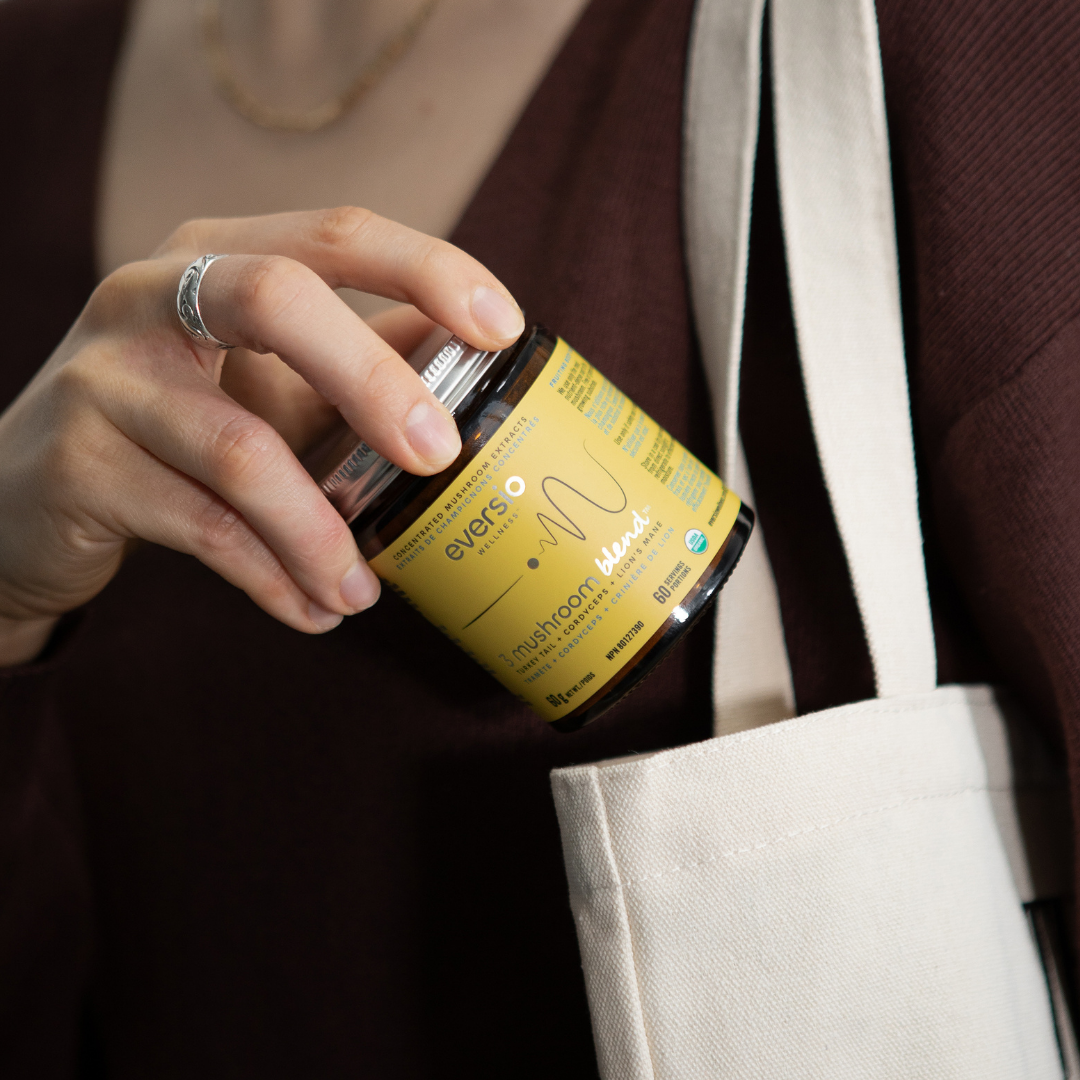

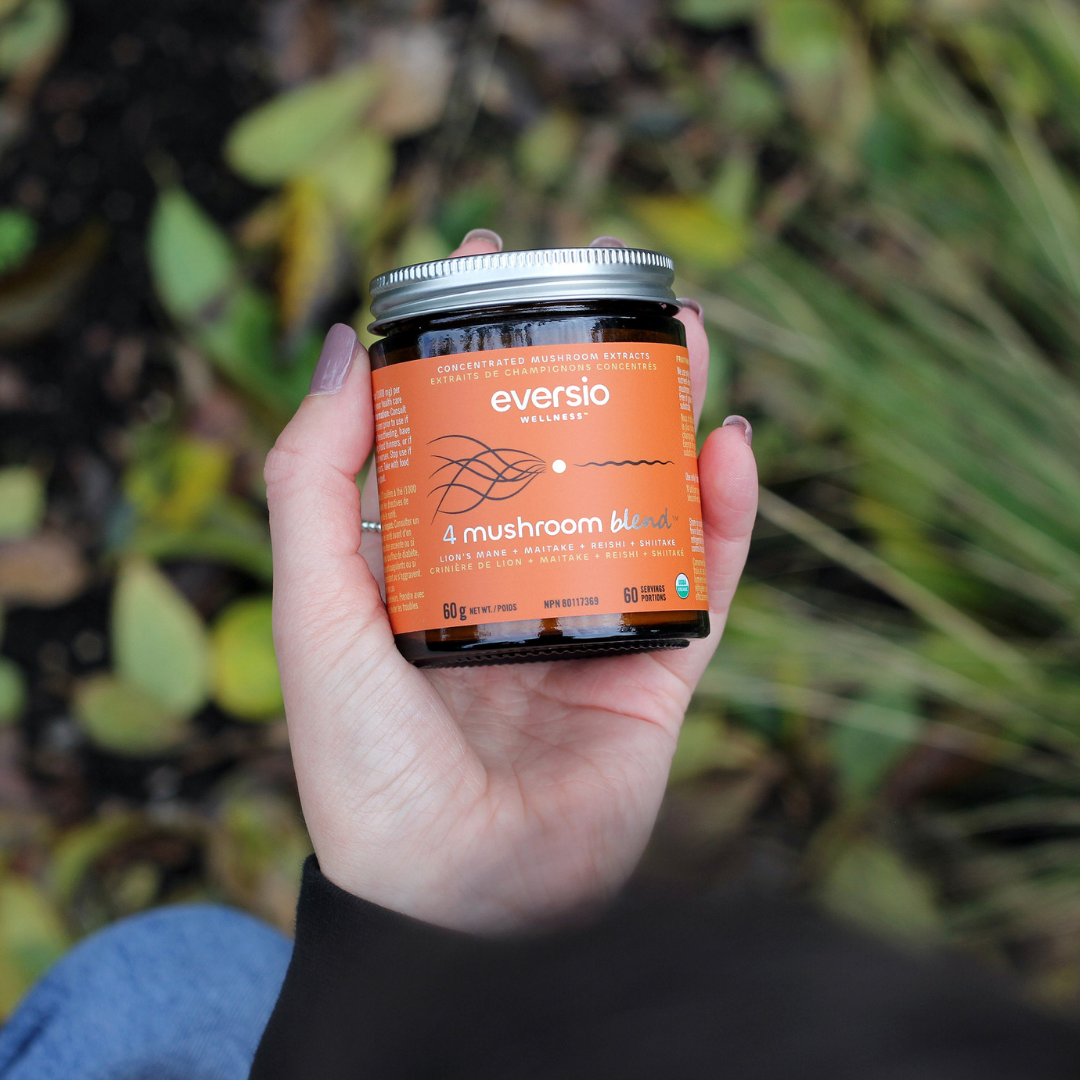

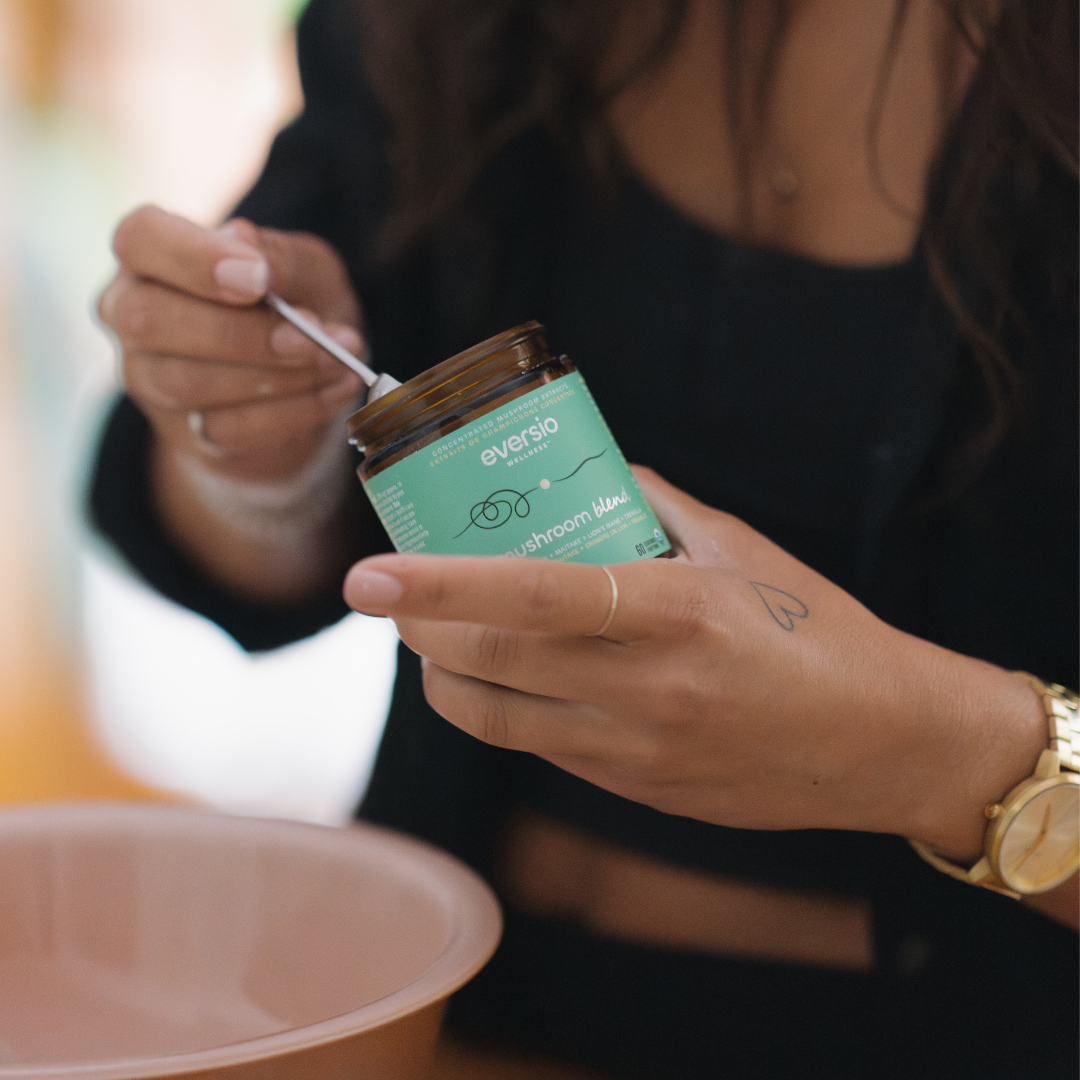

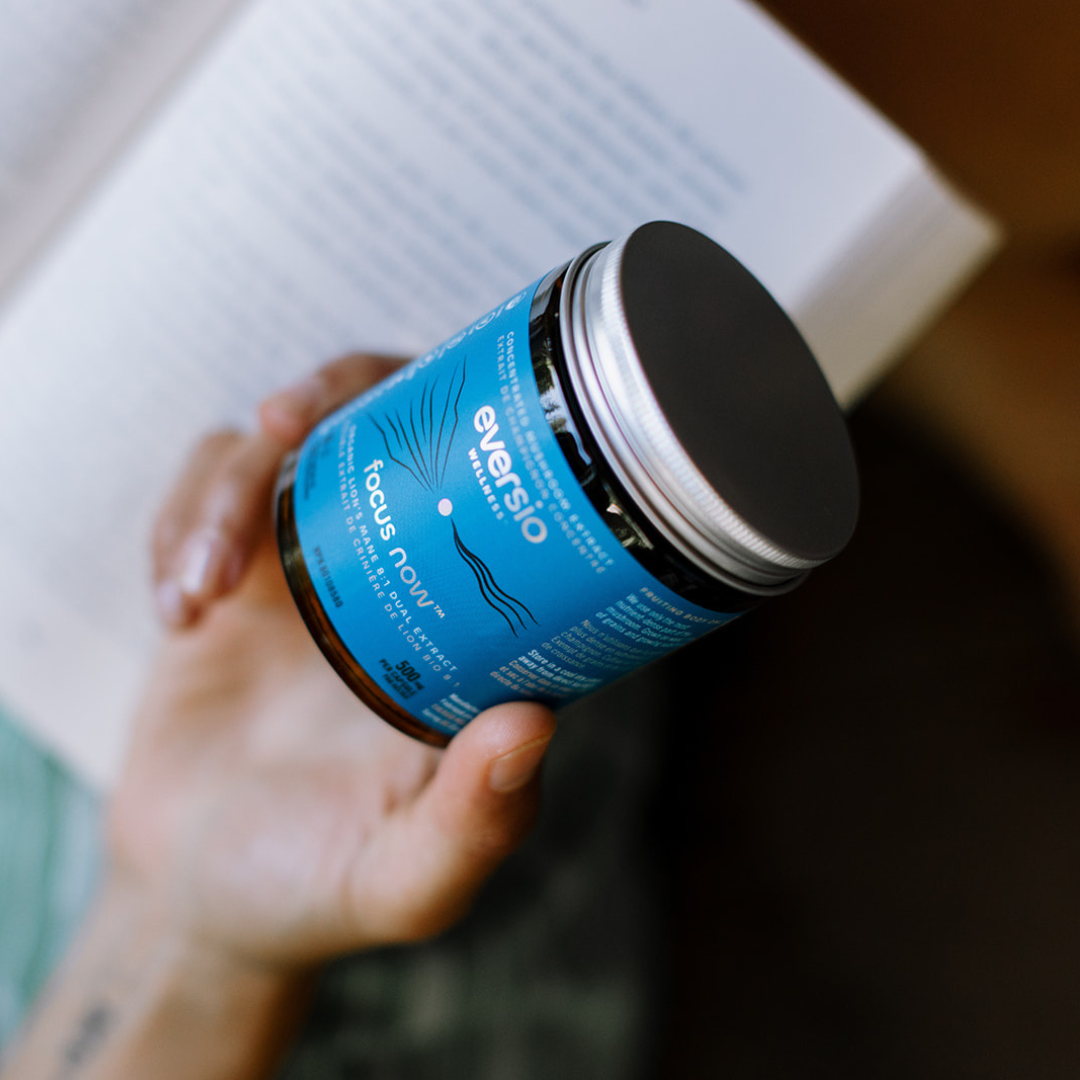

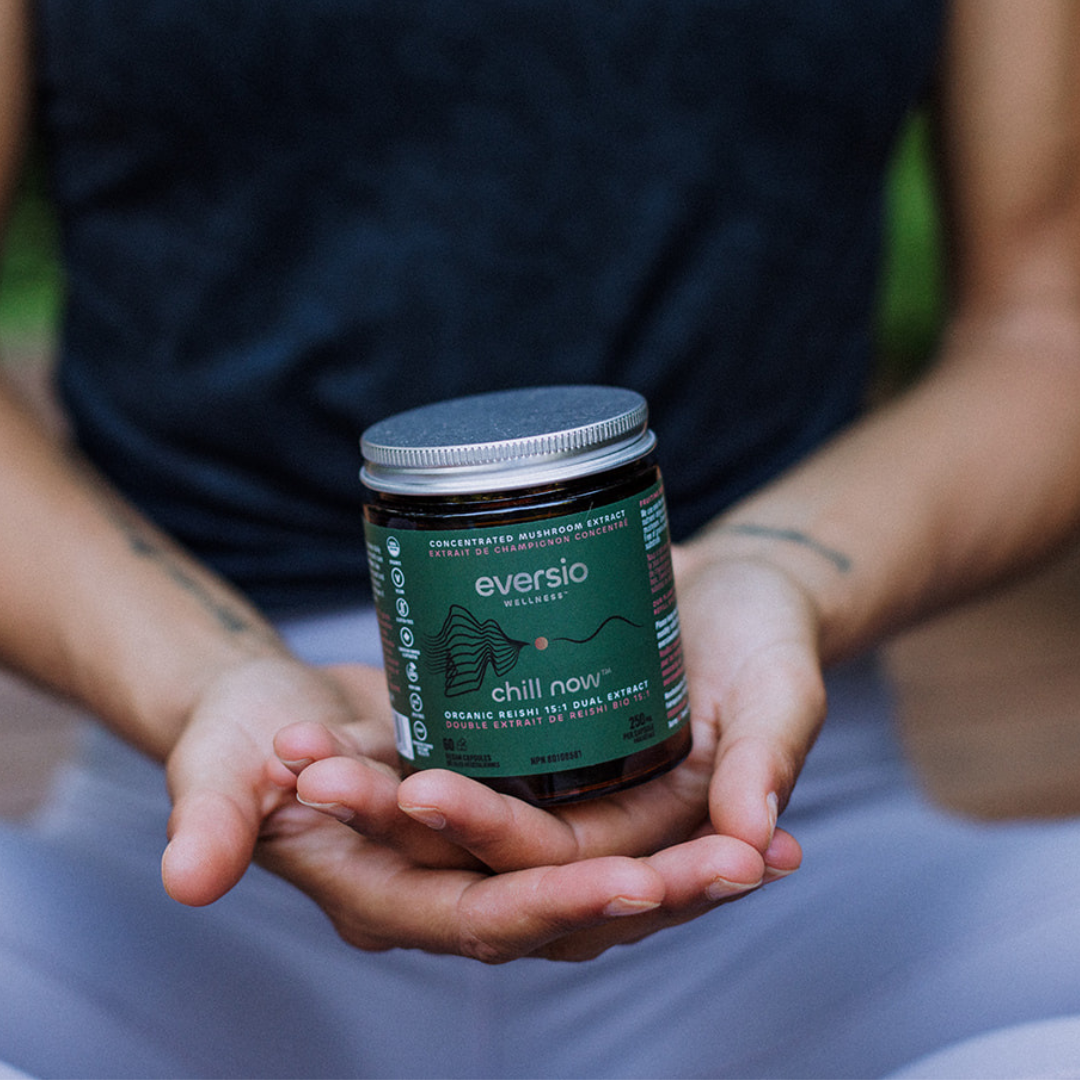
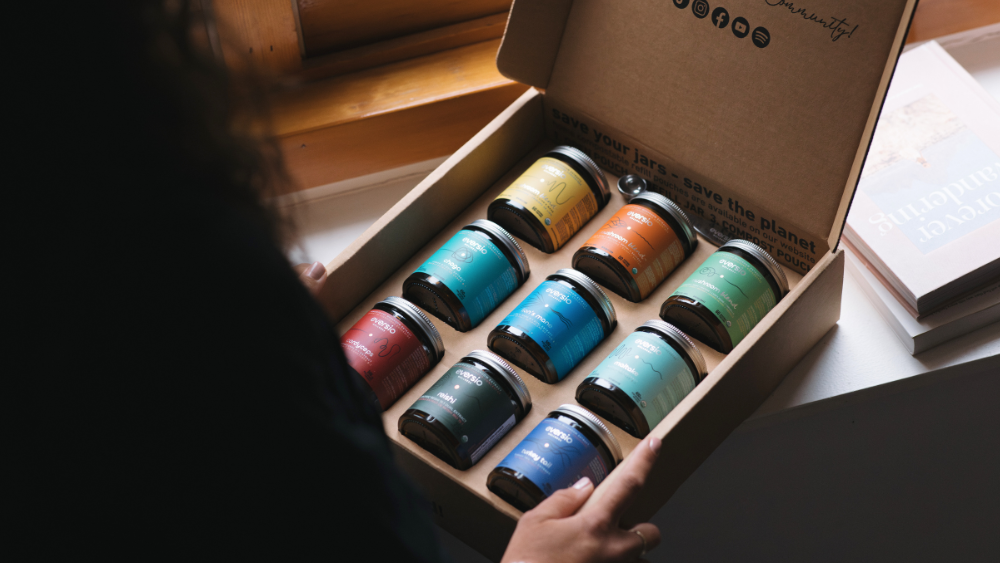







Leave a comment
All comments are moderated before being published.
This site is protected by hCaptcha and the hCaptcha Privacy Policy and Terms of Service apply.